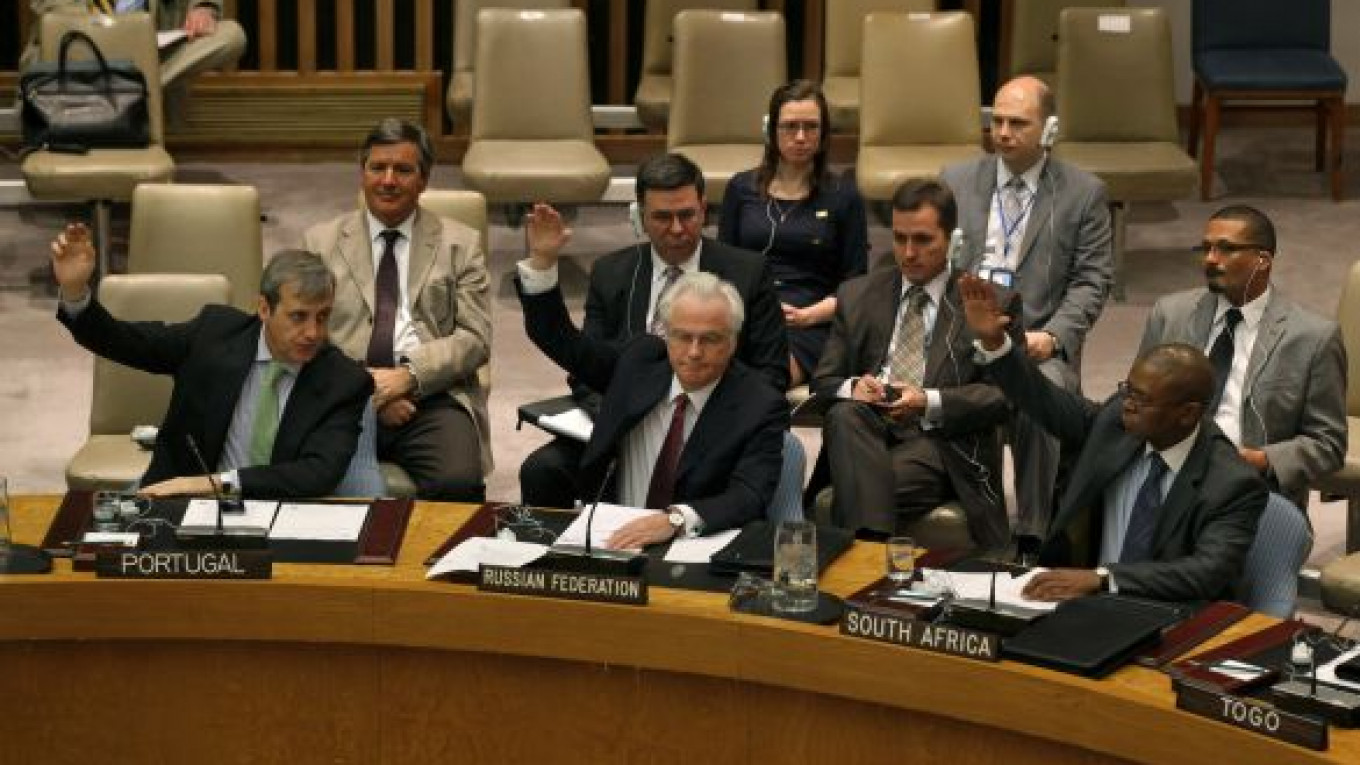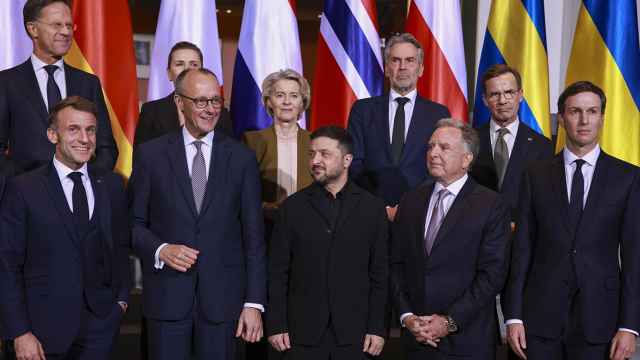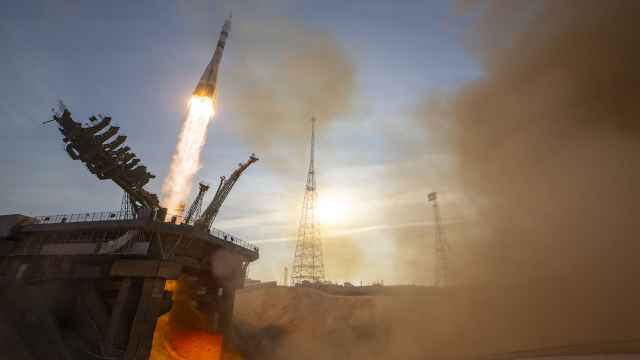UNITED NATIONS — Russia and China joined the rest of the UN Security Council on Saturday to authorize the deployment of an advance team of up to 30 unarmed observers to Syria to monitor the country's fragile cease-fire as called for by UN-Arab League mediator Kofi Annan.
It is the first resolution the 15-nation council approved since the anti-government uprising in Syria began 13 months ago. Moscow and Beijing twice vetoed council resolutions condemning Syrian President Bashar Assad's assault on protesters opposed to his rule that has killed thousands of civilians.
Despite Saturday's unanimous vote, there were no signs that the divisions on the United Nations Security Council, which have prevented it from taking action on the crisis, have been overcome.
Syria's close ally and arms supplier, Moscow, was satisfied with the final draft of the resolution, though Russian UN Ambassador Vitaly Churkin made clear that there were limits to the kind of UN action Moscow could support.
"Out of respect for the sovereignty of Syria we have cautioned against destructive attempts at external interference or imposing any kind of illusory fixes," he said.
Russia has accused the United States and Europe of tricking it into using a UN mandate to protect civilians in Libya to enable NATO to engage in "regime change." Russia abstained from a March 2011 vote and allowed a council resolution authorizing "all necessary measures" to protect Libyan civilians to pass.
Before agreeing to support what was originally a U.S.-drafted text, Russia had demanded the U.S. and European delegations dilute it so that it would not "demand" that Syria comply with the resolution. The approved resolution uses softer language so that it "calls upon" Syria to implement it.
Churkin also demanded that the council urge the opposition as well as the Syrian government to change its behavior.
The approved resolution has the council "condemning the widespread violations of human rights by the Syrian authorities, as well as any human rights abuses by armed groups, recalling that those responsible shall be held accountable."
It calls on "all parties, including the opposition, immediately to cease all armed violence in all its forms."
Syrian Ambassador Bashar Ja'afari reiterated his commitment to Annan's six-point peace plan, which calls for an end to fighting, withdrawal of troops, dialogue between the government and opposition and a "political transition" for the country.
Churkin, meanwhile, complained about the failure of the UN secretariat to reach agreement with the Syrian government on the parameters of the observer mission and suggested that it was the UN's fault, above all Norway's general Robert Mood, who led a UN negotiating team in Syria. Damascus' consent is needed for the team's deployment. Churkin accused Mood of abruptly leaving Syria, "sort of fleeing his position in the middle of action."
Moscow has decided to keep a warship permanently stationed off the Syrian coast "on a permanent basis," RIA-Novosti reported Friday, citing an unidentified Defense Ministry official.
While the official said the move had "nothing to do" with events in Syria, it appeared a direct challenge to any foreign states still mulling intervention.
A Message from The Moscow Times:
Dear readers,
We are facing unprecedented challenges. Russia's Prosecutor General's Office has designated The Moscow Times as an "undesirable" organization, criminalizing our work and putting our staff at risk of prosecution. This follows our earlier unjust labeling as a "foreign agent."
These actions are direct attempts to silence independent journalism in Russia. The authorities claim our work "discredits the decisions of the Russian leadership." We see things differently: we strive to provide accurate, unbiased reporting on Russia.
We, the journalists of The Moscow Times, refuse to be silenced. But to continue our work, we need your help.
Your support, no matter how small, makes a world of difference. If you can, please support us monthly starting from just $2. It's quick to set up, and every contribution makes a significant impact.
By supporting The Moscow Times, you're defending open, independent journalism in the face of repression. Thank you for standing with us.
Remind me later.






